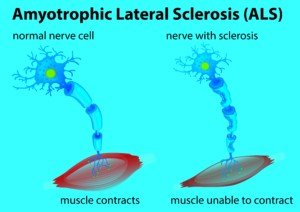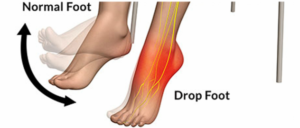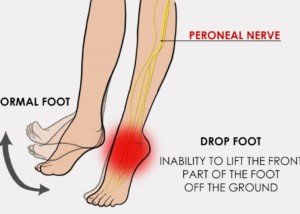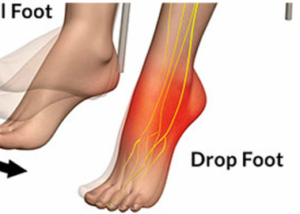
Here’s a comparison between the muscle weakness of ALS and that of benign fasciculation syndrome (BFS).
There are striking differences between the muscle weakness of ALS and that of BFS.
Muscle Weakness of ALS
• Too weak to do simple things like picking up a pencil, a cellphone or a glass of water. Even buttoning a shirt becomes difficult.
• The weakness progresses. You won’t be spending months waiting for the progression to be obvious.
• Significant decline in strength; impairment of the ability to do household tasks like pick up a baby, lift a vacuum cleaner out of the closet, or some other activity that you’ve always been able to do without a problem.
• Once the muscle weakness is evident, it’s there to stay. There is no remission. It does not come and go.
It is not intermittent, occasional or sometimes. It is always there – and gets worse.
• Stumbling and tripping, and dropping things are common symptoms of ALS.
• “Foot drop” occurs with ALS: The muscles that control foot flexion and extension are too weak to control the foot when walking; it drops and hence drags. Walking and climbing stairs are genuinely impaired.

Muscle Weakness of BFS
• You’re always strong enough to pick up that pencil, cellphone or glass of water.
You’re even strong enough to carry a crate full of books — if you’ve always had this strength, of course.

• There is no decline in your gym workouts. Being able to bench press 185 for one repetition one week and then next week you can only do 180 is not a sign of “muscle weakness” or some disease. It’s merely an off-day for the fitness enthusiast.
• There is no progression; the ability to perform household tasks like lifting the baby out of the crib and removing the vacuum cleaner remain, though the feeling or perception of weakness, or a feeling of fatigue, may be present.
• The muscle weakness comes and goes. There is remission. It can occur occasionally, intermittently. In between episodes is your normal strength.
You even notice gains in your gym workouts despite being convinced you may have ALS.
• BFS does not cause you to trip or drop a coffee mug.
• BFS does not cause foot drop. A person with BFS may perceive a foot drop, swearing that it drops with each step, yet have no trouble whatsoever using this foot to control the gas and brake pedals when driving.


























